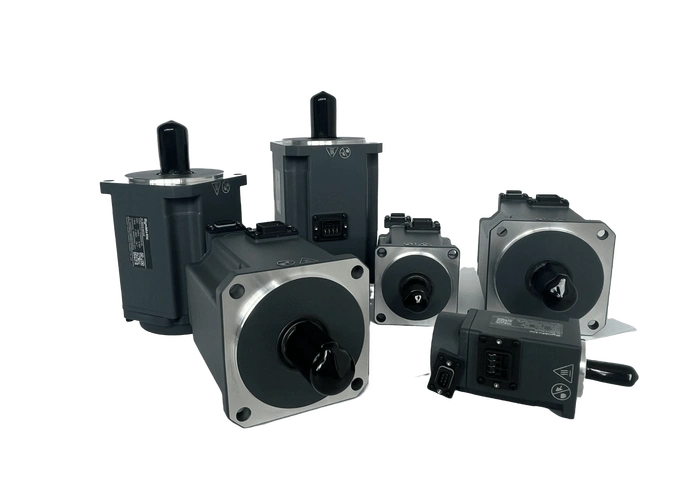The concept of electric motor
electromagnetic device
Electric machinery is an electromagnetic device that converts electrical energy into mechanical energy based on the law of electromagnetic induction. It is mainly divided into the following two categories:
Electric motor
Convert electrical energy into mechanical energy, such as DC motors in household appliances and asynchronous motors in industrial equipment. Its working principle is to generate a rotating magnetic field through an energized coil, driving the rotor to move.
Generator
Convert mechanical energy into electrical energy, such as synchronous generators in hydroelectric power generation. Its core is to generate induced electromotive force through the relative motion between the magnetic field and the conductor.
In applications, motors are often closely related to mechanical energy. For example, the driving motor of an electric vehicle can serve as both an electric motor to drive the wheels and a generator to recover braking energy. Structurally, motors typically consist of a rotating rotor and a fixed stator, while equipment such as transformers that do not involve mechanical energy conversion are classified as stationary electrical appliances.
The efficiency of a motor is determined by the ratio of output power to input power, and energy loss (such as heating) is always less than 1. Modern motors often control temperature rise through cooling technologies such as air, hydrogen, or water cooling to improve reliability.







